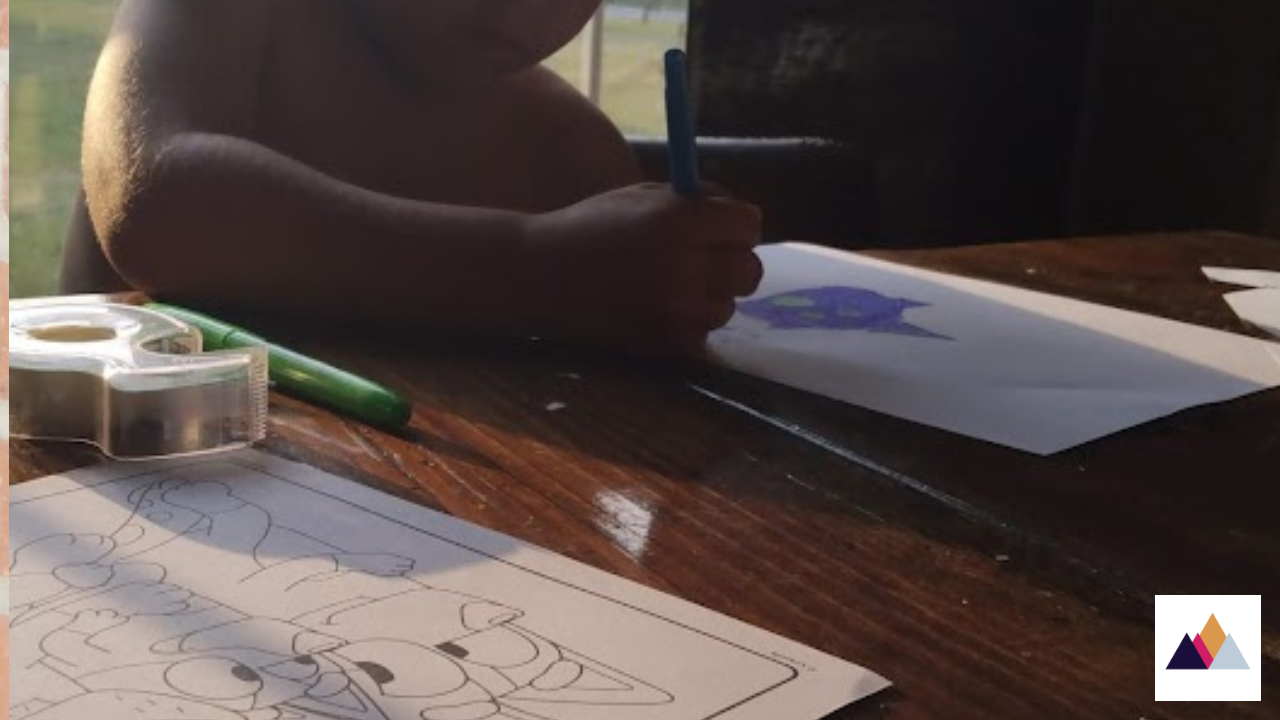|
This is a question I get all the time, and honestly, I don’t know for sure.
I am not a diagnostician, clinical psychologist or trained to answer that question.
However, my background is as a social scientist, which means I am trained to notice patterns in data and look at them objectively.
So here is what I do know
- My son is Autistic and PDA. He may also have ADHD. He has generalized Anxiety.
- Brains are complex.
- The vast majority of parents I work with have PDA children who are also Autistic.
- Often parents who don’t think their child is Autistic at first hold onto the label of ADHD because it feels more comfortable, but once they start accommodating, their child stops masking in front of them. The child suddenly “appears” more Autistic, for example, verbal stimming, more repetitive motion, more gestalt language processing, etc. This is an uncomfortable realization for many parents, but it is an important part of their journey.
- Even if parents never think their child is Autistic, they often find that social communication- based accommodations – Declarative Language, reducing complexity of speech, allowing more pauses for processing, etc. - really support their connection with their child.
- Diagnosticians I have spoken with have shared that from their experience, the vast majority of PDA children they have seen are Autistic, however, there are a few cases of PDA children they have evaluated who they did not believe were Autistic. I thought that was an interesting data point.
The good news is, I don’t really have to know for sure and neither do you.
Why? I don’t work through a medical model with parents.
I work through an identity model.

This means YOU decide whether this is a helpful space, model, and methodology for your child. You don’t need a diagnosis for entry.
You get to decide based on your and your child’s internal lived experience, as it intersects with whether this feels like a space of affirmation, belonging, and comfort. Of being witnessed and seen as one’s self.
Through the perspective of an Identity model, this is what I have noticed with my son and after working with 100s of families:
- When given accommodations – and true openness, flexibility, and choice around labels and identity – many PDA children and teens choose an identity as Autistic and/or PDA. Some choose no identity at all, and that is their autonomous choice.
- It is important to separate the part of the brain your child is operating from (the Limbic system) and their accompanying threat response (What the nervous system does when it thinks it is going to die) from the neurotype identity as a way of supporting a healthy self-concept (not everyone will agree with me on that one, and that’s OK).
- Many parents of PDA children and teens are also exploring their identity and my programs are a safe place to do that because in no way am I attached to the outcome.
- There is no advocacy agenda inside my programs other than supporting parents to stabilize their family and find peace within the chaos of a life and a responsibility they didn’t expect.
- In a recent and very biased poll in my Instagram stories, 150 PDA-identifying adults responded to the question “Do you identify as Autistic?” and here are the results: 62% said "Yes," 27% said "I'm not sure" and 11% said they "Did not identify as Autistic."
- If someone wants to identify as Autistic and it serves them, beautiful. If they don’t, hooray for them.
- Because I don’t work through the medical model (I am not a medical provider, but rather an expert in *THE PARENT EXPERIENCE OF PARENTING A PDA CHILD*), it doesn’t matter what your child’s diagnoses are. This is a diagnosis-agnostic space in the sense of- there is no gatekeeping based on diagnosis or identity, but that means I expect my community (on social media and in my programs) to also adhere to that value of not judging someone for how they show up in the world even if it is very, very different than you and/or triggers something in you.
|



